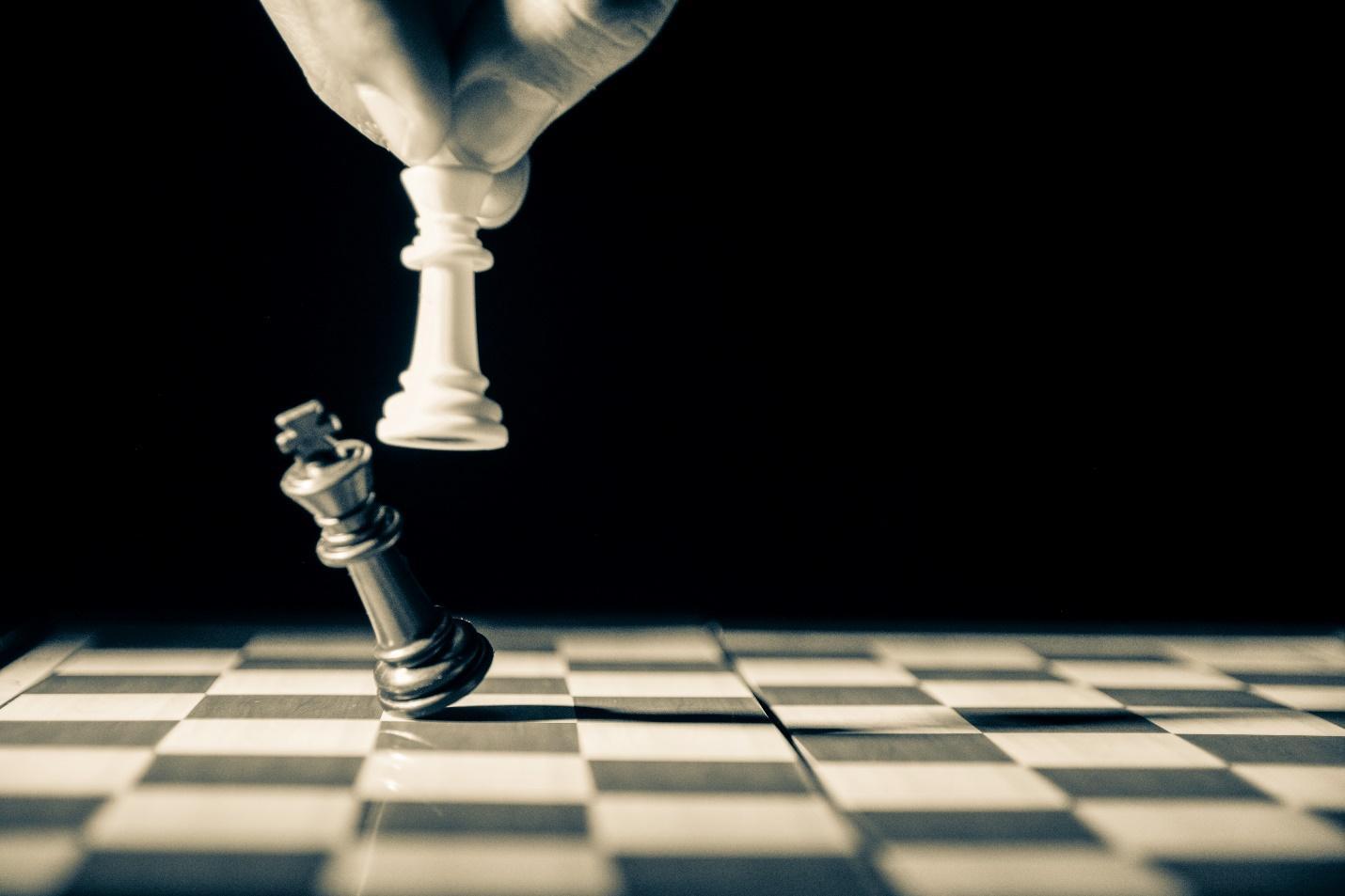Chess is a pretty wonderful game that can help you improve your focus, helps to flex your brain muscles, increases productivity, and helps you boost logical thinking. Any individual will benefit from playing this game. If you are a player, you already know why you should play it. And if you are new, learn it because it is very thrilling and exciting!
Many doctors say that chess helps in reducing the chances of Alzheimer’s. The best part about this game is that it can be played at any time by anyone and can be played by children. However, given the current situation, it is better not to socialize and play virtual versions of chess. Play now so that you can explore more options.
Thanks to the gaming operators, virtual chess games are as exciting as real ones, and the rules are somewhat similar.
If you have been facing problems in your imagination and creativity or if you have been facing anxiety recently, then playing this game is suggested. It will also improve your patience, concentration, teach you independence and subjective knowledge, etc. It will also increase your intelligence level and promote reading abilities.
For chess, you have to make sure that your focus is 100%. All you need to do is download an application and start playing. The best part about online chess is that you can even enter contests and earn big. However, we would recommend you to go for the free contests first.
In this blog, we are going to talk about the secrets of chess psychology. We are sure that you are even aware that there are even books on this. The game, believed to have originated about 1500 years ago in North India, is now played worldwide.
This board game involves the king, the queen, the Rook, the bishops, the knight, and the pawns. You have to know about each of them and how losing or winning them can affect your game. When it comes to the psychology of chess, you have to understand how year thought process is related to the outcome of the game.
If you want to be aware of every strategic step you take, you need to dig deep into it. The best part is that now that the pandemic is there and you are stuck at home, you have plenty of time to understand the emotions and roles of psychology and how it is directly related to this game.
You have to understand the psychological principles behind your strategic moves. If you have also been facing an issue to concentrate on in recent times, we recommend you play chess. So without any further delay, let us explain to you the aspects of improving in this game.
- Helps to win positions: It is often said that the most difficult thing in this game is winning a won position. You have to be relaxed to make sure that you win.
- Helps you defend tough positions: Psychology is extremely involved in chess. The proof is that multiple players get extremely frustrated in bad positions, and they do not offer resistance and end up losing the game. You have to be very conscious and save the game. You cannot afford to go with the flow, which happens when players are too casual or overconfident with the game.
- Do not be afraid of your opponent’s rating: On various apps, you can see players’ ratings. You start questioning your easy decisions as soon as you see the rating. Yes, we would ask you to check the rating before playing, but don’t let it affect your decisions. If there are psychological issues, you won’t be able to put in your best.
In multiple movies, we have seen people playing chess and finding amazing solutions to real-life problems. You will benefit from it as you are playing chess, and treat it like a game!
- Helps to play against low-rated competitors: Also, you might end up losing against lower-rated opponents. This is because you start to relax and overestimate your expertise, and you might not even lose focus. All these struggles are psychological issues.
- Don’t be emotional: A chess game is like a roller coaster, and there are so many ups and downs in it. You have to be calm while playing the game. If you are taking it too emotionally, it might affect your concentration, and you might end up losing the game.
- Feeling your competitors’ emotions: An expert chess player will always try to understand the opponent’s emotions. With time and practice, you will also get to understand the same to make the right moves at the right time.
- Decisive games: You need to play decisive games. Multiple pro players could not win games because of the pressure of decisive games. Not everyone is good at handling must-win situations.
So these are a few ways in which psychology has a direct relation to chess. We hope that you enjoyed reading this blog and you will keep these factors in mind when you are playing chess.
To know more, kindly keep an eye on this blog section because we will be discussing more exciting virtual games. And click here to know about how chess has impacted life during the pandemic.




